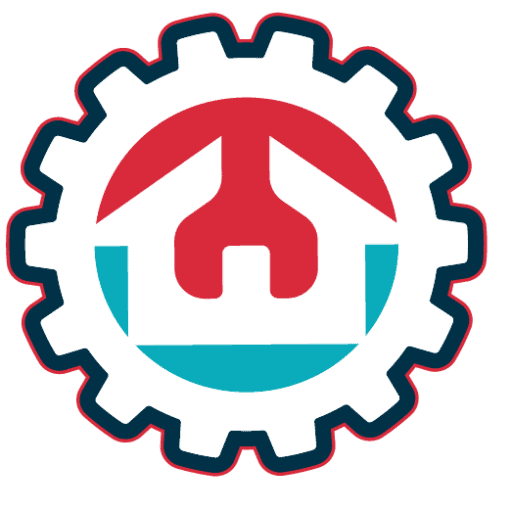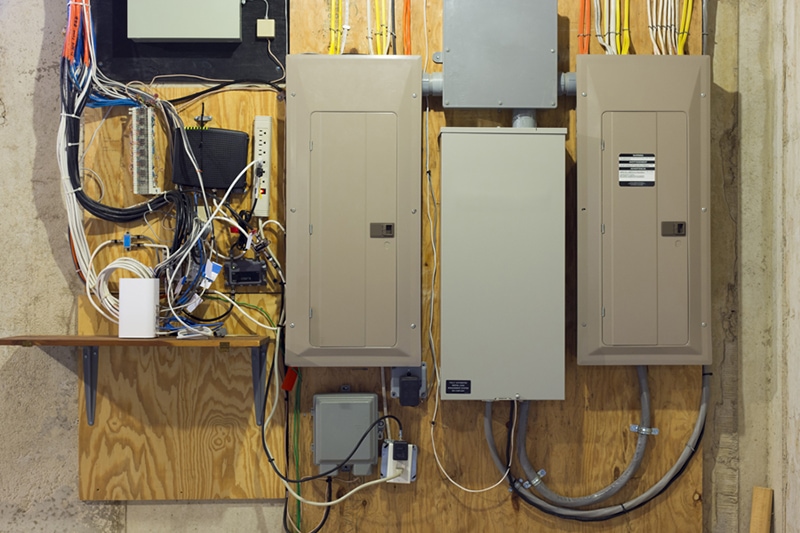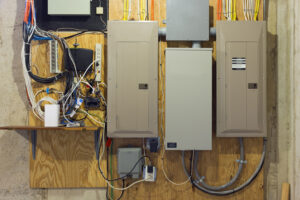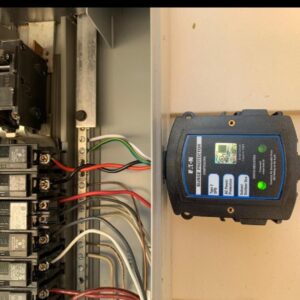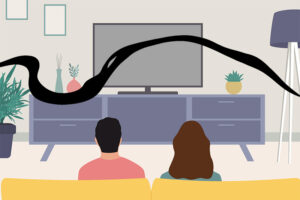In today’s DIY-driven world, where a quick online search can unlock countless tutorials and guides, it’s tempting to tackle even the most complex tasks ourselves. While this can be an exciting way to learn new skills, when it comes to electrical work, the stakes are too high. Electrical maintenance and repairs should always be entrusted to a qualified electrician to prevent serious injuries or potentially deadly hazards such as electrical fires.
Here at HomeOps Electric, we prioritize your safety and that of your family. Understanding basic electrical safety measures in and around your home is crucial. Below are some guidelines to help keep your household safe.
Basic Indoor Electrical Safety
As our lifestyles increasingly rely on technology, our homes consume more electricity. Ensuring your home can handle this increased demand is vital. Here are key tips for maintaining indoor electrical safety:
Safe Use of Extension Cords
Extension cords are a temporary solution. If you find yourself relying on them, it might be time to consider installing additional outlets.When necessary, use extension cords safely by avoiding placement across doorways, under carpets, or in any high-traffic areas where they can become tripping hazards or suffer damage, which can lead to electric shock.
Damaged cords should be replaced immediately. Temporary fixes using duct tape or electrical tape can be dangerous and are not suitable long-term solutions.
Prevent Outlet Overload
Plug only one major appliance into each outlet, and avoid overburdening power strips. This prevents overheating and reduces the risk of electrical fires.
Upgrade to Tamper-Resistant Outlets
Consider installing outlets with spring-loaded shutters that prevent foreign objects from being inserted, enhancing safety, especially in homes with children.
Install GFCI Outlets in Wet Areas
Kitchens, bathrooms, and outdoor areas should have GFCI outlets. These devices automatically cut power when they detect a ground fault, reducing the risk of shock.
Outdoor Electrical Safety
Outdoor spaces are increasingly filled with electrical gadgets and tools. Keep these safety tips in mind to prevent hazards when using electricity outdoors:
Maintain a Clear Area Around Electric Meters
Keep shrubs and plants trimmed to avoid obstructing electric meters and ensure easy access for emergency work or maintenance.
Trim Vegetation Near Power Lines
Keep trees and shrubs trimmed away from overhead power lines. Contact your utility company for assistance if branches are too close to power lines.
Proper Storage of Electrical Tools
Even outdoor-rated tools should be stored in dry, safe environments like garages to prevent damage.
OSHA Safety Tips
Understanding and respecting the dangers of public electrical lines is crucial. The Occupational Safety & Health Administration (OSHA) emphasizes the following:
-
Assume All Wires Are Energized: Never touch any wire, even if it appears insulated.
-
Avoid Contact with Fallen Power Lines: Should you encounter a fallen overhead line, do not touch it. Instead, contact your local utility company immediately.
-
Maintain Distance from Overhead Wires: Stay at least 10 feet away from overhead wires to prevent accidental contact.
-
Vehicle Safety with Downed Lines: If a power line falls on your vehicle while driving, stay inside and move away from the wire if possible. If the engine stalls, remain in the vehicle and instruct others to avoid touching either the vehicle or the wire.
